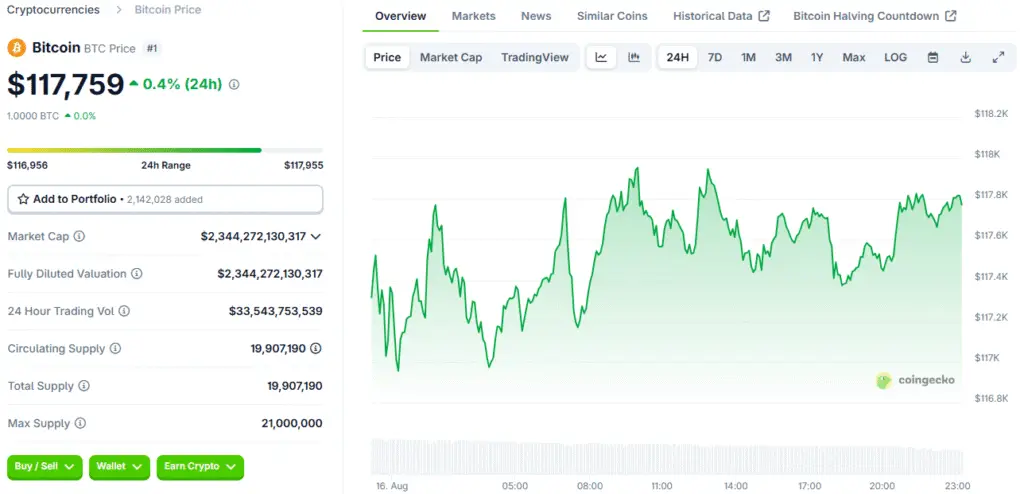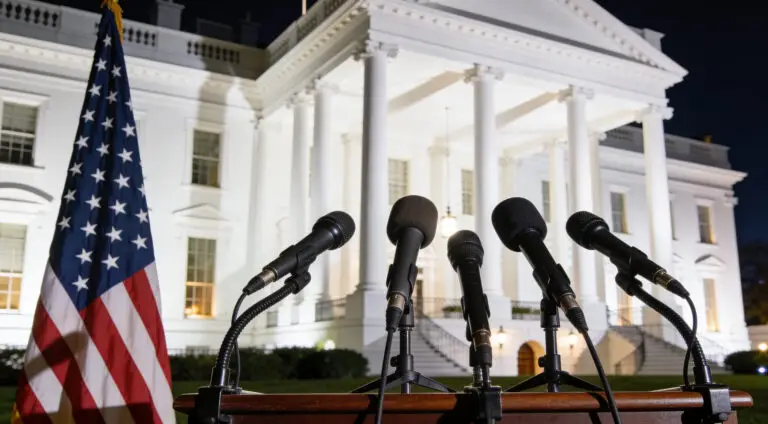A Darknet Founder’s Arrest and a Bitcoin Donation
In a complex case that intertwines cryptocurrency, crime, and politics, Czech police have arrested programmer Tomáš Jiřikovský in connection with a criminal investigation. Jiřikovský, the founder of the defunct darknet marketplace Sheep Marketplace, was detained after a police raid on his home, during which he reportedly attempted to evade arrest by climbing onto his roof. The arrest is linked to a corruption scandal involving a significant bitcoin donation to the country’s Ministry of Justice, an incident that led to the resignation of the former Justice Minister, Pavel Blažek.
The opposition had accused Blažek of accepting a bribe and of an opaque sale of assets, a charge that highlights the legal and ethical complexities of a government holding and managing seized cryptocurrency. This case is a stark reminder of the challenges that governments face when dealing with digital assets that are often associated with illicit activities.
The Origin of the Bitcoin and the Corruption Scandal
The bitcoin at the centre of the scandal originated from a wallet that was seized from Jiřikovský in 2013, following the shutdown of his darknet marketplace. The wallet contained approximately 1,560 BTC. The case stalled in court for years until March 2025, when Jiřikovský, through his lawyer, made a donation of 468 BTC (30% of the confiscated assets) to the government. This donation, while seemingly an act of good faith, sparked a corruption scandal, with the opposition accusing the former Justice Minister of accepting a bribe.
In a recent statement, authorities have now decided to seize the cryptocurrency held by the Ministry of Justice, recognising it as criminal proceeds. This move effectively confirms the criminal nature of the assets and further complicates the legal battle surrounding them. The case raises serious questions about the proper procedures for a government to handle and manage seized cryptocurrency, especially when the assets are a part of an ongoing criminal investigation.

The Broader Legal and Political Implications
Jiřikovský’s arrest and the subsequent scandal have broader legal and political implications for the Czech Republic. The programmer is now facing two criminal charges from 2015 and 2025 related to the laundering of illicit funds. The case has also put a spotlight on the country’s legal system and its ability to handle complex criminal investigations involving cryptocurrency.
The scandal, which led to the resignation of a high-ranking government official, has also become a major political issue, with the opposition using it to criticise the government’s handling of the matter. This case is a powerful example of how a single bitcoin donation can have far-reaching consequences, affecting not only the individuals involved but also the political stability of an entire country.
The Challenge of a Government Holding Cryptocurrency
The case also highlights the unique challenges that a government faces when holding and managing seized cryptocurrency. Unlike traditional assets, which can be easily managed by a central bank or a financial institution, cryptocurrency requires a different set of security protocols and a deep understanding of blockchain technology. The fact that the authorities have now decided to seize the bitcoin held by the Ministry of Justice, recognising it as criminal proceeds, shows that the government itself was unsure of how to handle the assets.
The case raises questions about whether a government should hold onto seized cryptocurrency at all, or if it should be immediately liquidated and the funds transferred to a more secure and traditional financial account. This is a new and evolving legal frontier, and the Czech Republic’s experience will serve as a crucial test case for other governments around the world.
The Global Context of Crypto Regulation
The arrest of the darknet founder in the Czech Republic is happening in a global context of increasing crypto regulation. Governments around the world are grappling with how to regulate cryptocurrencies, especially when they are used for illicit activities. In June, the anti-corruption agency in Argentina cleared President Javier Milei of ethics violations related to the promotion of a meme token, showing that the legal and ethical questions surrounding crypto are a global phenomenon.
As more governments and law enforcement agencies are forced to deal with cases involving cryptocurrency, the need for a clear and comprehensive legal framework will only grow. The Czech Republic’s experience is a powerful reminder of the challenges that lie ahead and the need for governments to be prepared to handle a new and complex class of assets.
The Future of Law Enforcement and Digital Assets
The arrest of Tomáš Jiřikovský and the ongoing investigation in the Czech Republic show that law enforcement is becoming more sophisticated in its ability to track and prosecute criminals who use cryptocurrency. However, the case also highlights the challenges that remain. The fact that the bitcoin at the centre of the scandal was seized in 2013 but is only now being fully dealt with shows that the legal system is still playing catch-up.
As cryptocurrencies become more mainstream, the need for law enforcement to have the right tools, the right training, and a clear legal framework to deal with these assets will only grow. The case is a powerful first step in this direction, and its outcome will have a lasting impact on the future of law enforcement and digital assets in the Czech Republic and beyond.
Read More: Confusion Over US Bitcoin Reserve Spurs Market Volatility















